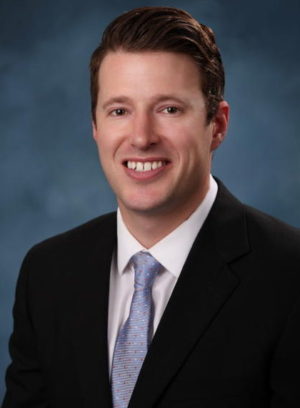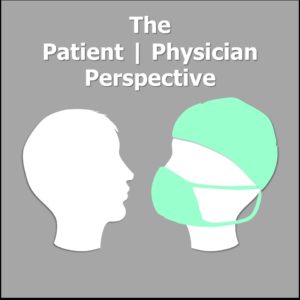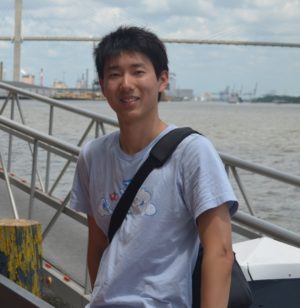Emergency Medicine: A Walk on the Wild Side
Many of us have this romanticized version of the ED in our heads from some TV drama. We imagine a world where beautiful physicians are sprinting next to flying gurneys, pounding chests and snarling, “Get me epi, STAT!” We imagine a war zone rife with Shakespearean tragedy, with heart-breaking moments that leave grizzled doctors weeping.




